I'm back in the dunes. It's been a while; I left for Germany, France, and Spain about two months ago. And while climbing a high sand dune, I realize how much I have missed this special place, especially after hiking for weeks in what many others may describe as the more spectacular nature of northern Spain. Walking here is like coming home. This is paradise; I love the dunes, forests, wetlands, and the island's vast beaches. I know every tree, dune, and lake on the island's west side. But this time, something has changed. The lakes! Where have they gone?
Many of the dune lakes are dry this summer. They are dryer than I have ever seen, and green grass is growing where I would have expected water. Zeeland is currently the Dutch province with the most significant precipitation deficit, and the local water board has banned surface water extraction from ditches and creeks. Nor is relying on groundwater an option for farmers fearing the consequences for their harvest; groundwater supplies are also declining sharply in many places. And this drought increases the risk of damage to houses. Especially in areas with peat layers in the soil, houses can settle.
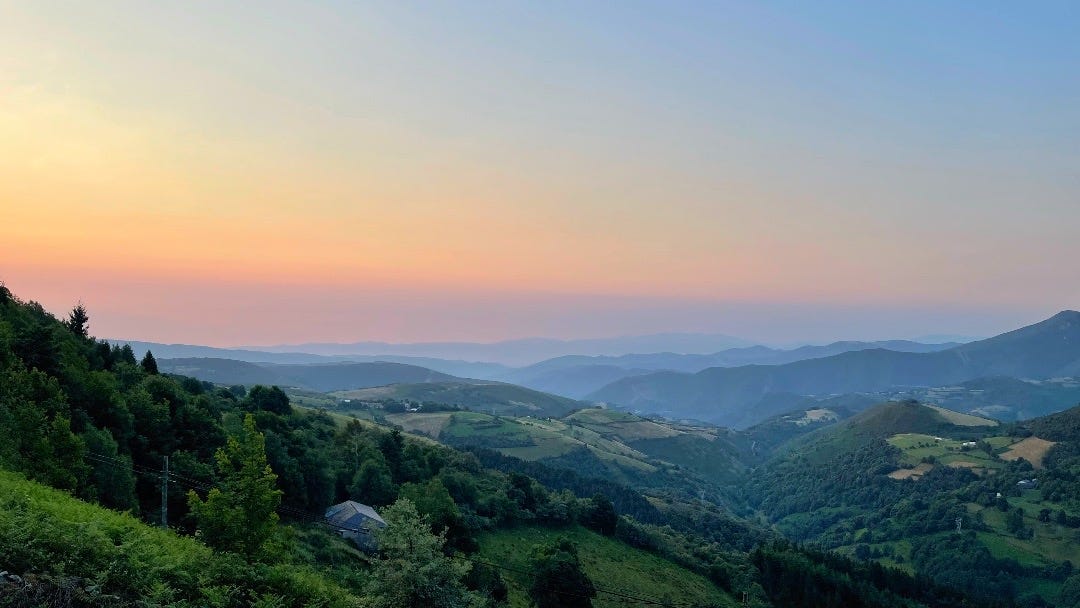
Last month, while hiking in beautiful northern Spain, another piece of paradise on earth, I was reminded that I can no longer dedicate my time only to the climate crisis when the situation calls for it. Like everyone else, I can no longer escape the impact of this early phase of the worsening climate crisis. Both Spain and the island that I consider my home base are dealing with the consequences of our greedy use of fossil fuels. I'm frustrated that despite promises made, greenhouse gas emissions continue to increase worldwide. And it comes with a price. More emissions mean more extreme weather, and thus more misery and lives and futures lost. And yes, that also means even more lakes will be lost in these dunes. It's maddening that solutions are available but not the political will.
This summer, I announced a long break from writing about our planet's problems, and I asked for readers' support to focus on the beauty of our only home in the universe. A subscriber to this newsletter wrote on Twitter that he ended his subscription since I no longer write about the climate. But, if he is still reading the free version, I would like to respond that writing about the beauty of this planet is not an entirely different approach. You need to know what is at stake to be better motivated to preserve what we have. My summer writing on our planet's beauty and my winter writing on our destruction of the most beautiful planet in the universe are two sides of the same coin. For you, my lost unsubscriber, you get a bit of both in this newsletter.
Let's get back to the beauty of nature.
Every day, I enjoy the magnificence of living on this planet, which includes nature, cities, culture, history, or simply hiking in these dunes. It's August, so tourists from the Netherlands, Germany, and Belgium flock to the island's west side. There is hardly a free table on the terraces in the village, and many visitors spend their days on the splendid wide beaches. Still, these dunes are quiet. So maybe I should not write about this unique space in nature and keep the secret to myself.
I see a group of Shetland ponies, and they are joined by one lonely Exmoor pony. It's bigger than the others, but they seem to enjoy one another's company. In the distance, I hear another pony whinnying. The Exmoor answers while the Shetlands ignore it. I know what that means. More Exmoors are on their way! I have witnessed many times how they love to flock together.
I wait for the other Exmoors. There they are; in the distance, I see them coming. There are only about a dozen in these dunes, and I am always happy when I spot them. These ponies possibly carry the ancient genomes of the primitive wild horses from more than half a million years ago. DNA researchers are still studying this relationship. Some believe the descendant Exmoor ponies have changed very little from their predecessors. Others consider them as simply one of the relatively modern breeds of pony. We will likely hear more in the years to come.
First, three Shetlands arrive. They are on their way to join the others that are behind me. They are soon followed by eight Exmoors. You can hear them call their mate, who is still with the other Shetlands behind me and will soon join them. The ponies find a little bit of water in the center of what usually is quite a big dune lake. Just a small puddle remains. Note the much greener grass in what used to be the bottom of the lake. In the distance, you can see how brown the grass in the dunes is this summer. The arrival of these semi-feral ponies (a vet checks them once a year) that roam free in these dunes is spectacular.
I have filmed it for you; don't miss these few minutes. Imagine for a moment that you are standing at my spot, alone in these vast dunes, and suddenly these beautiful ponies arrive.
Did I mention the word paradise? This is what this newsletter is about in the summer. If subscribers wish to, we can talk about "paradise lost" in the winter, but for now, just value the beauty of nature that we still have because these dunes are still a paradise.
If you are a paying subscriber: thank you for your support!
I write this newsletter because I believe that together we can do better on this beautiful but fragile planet.
This newsletter is an independent production. Accordingly, I have never accepted any advertising offers. I also aim to make as many editions as possible available for free.
Support from those who can afford it makes this independent newsletter available to all.
Please join this initiative by taking a paid subscription.
If you enjoy reading this newsletter, you can also support me via Buy me a Coffee:






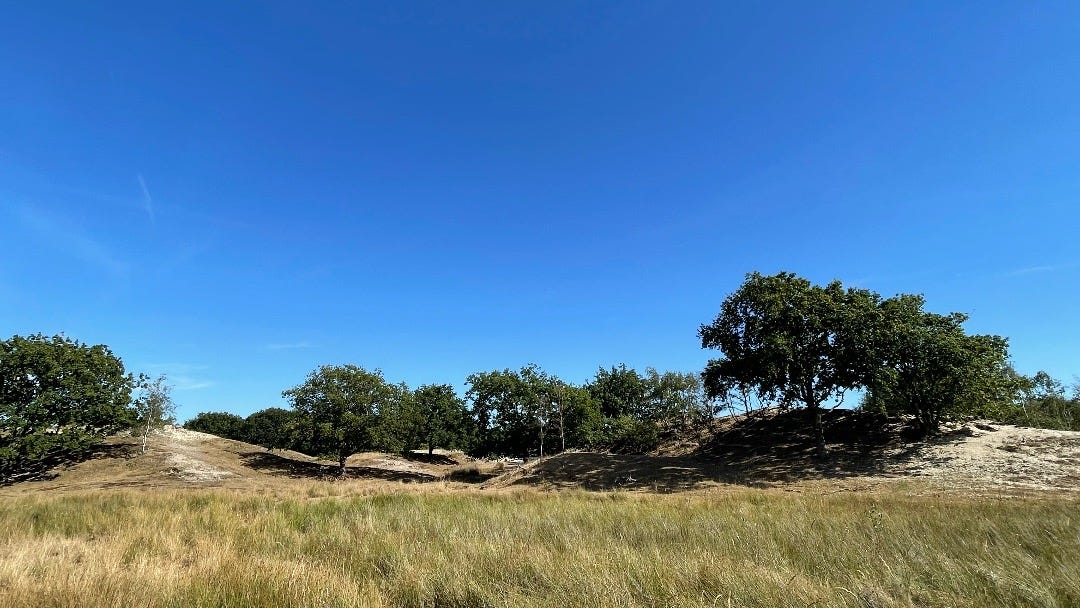
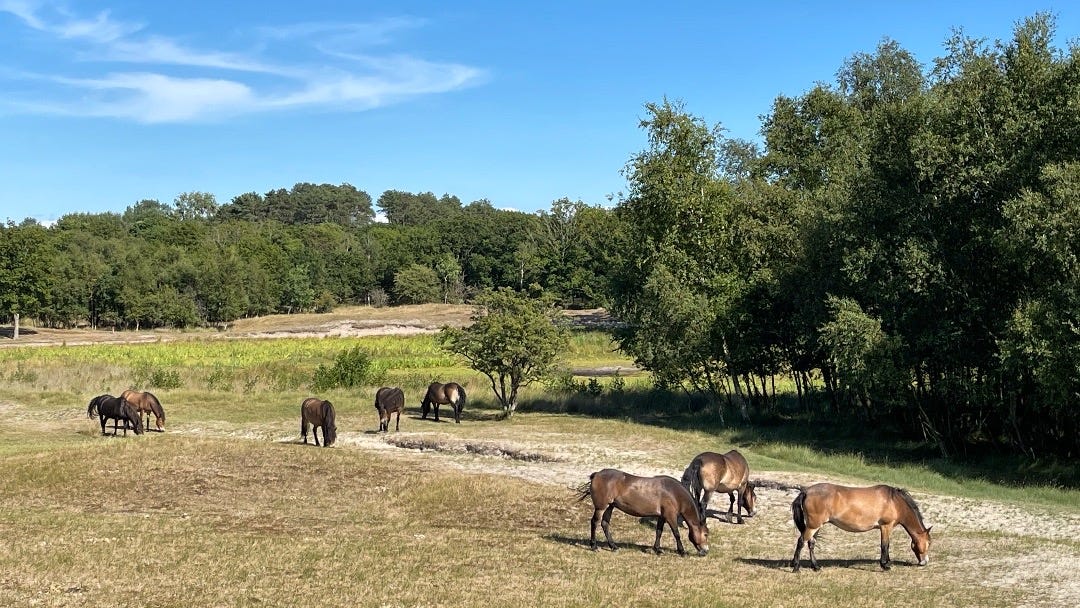
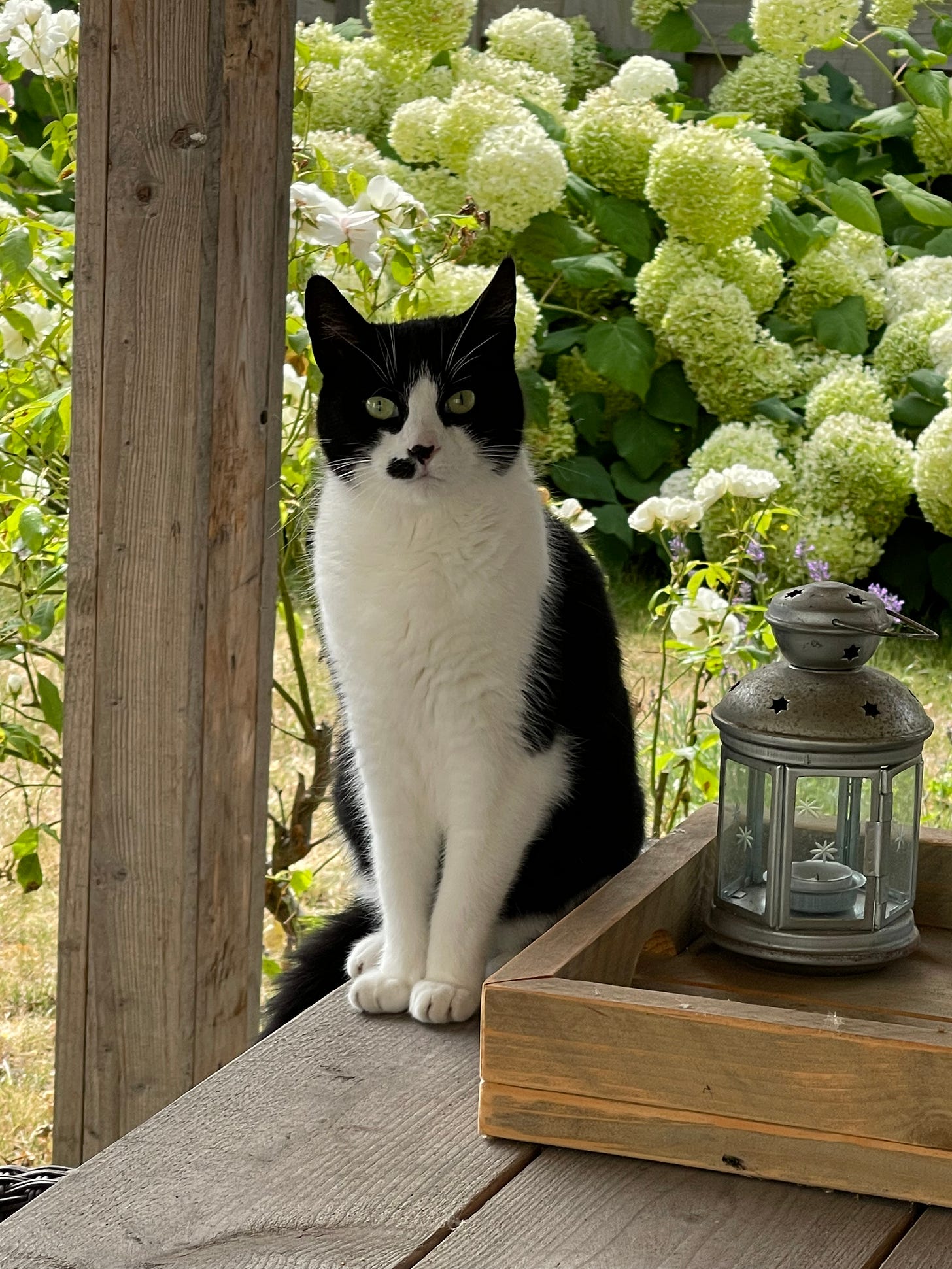
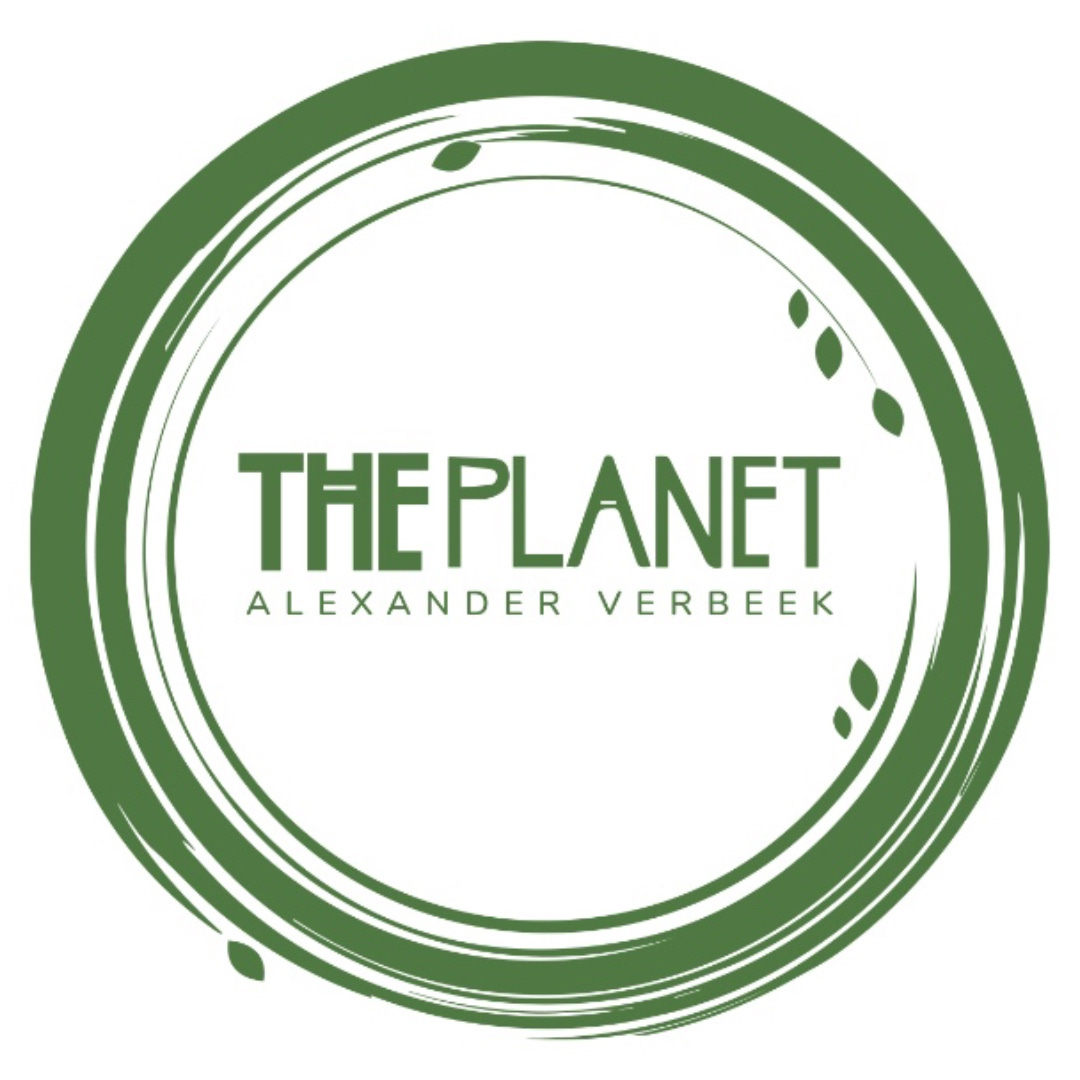
Thanks Lizzie. There is a lake that is permanently filled with water, so I’m glad they will always have water to drink there
. . . ah, posing, on the back page, Luna knows you're thinking of her as a Goddess 😂